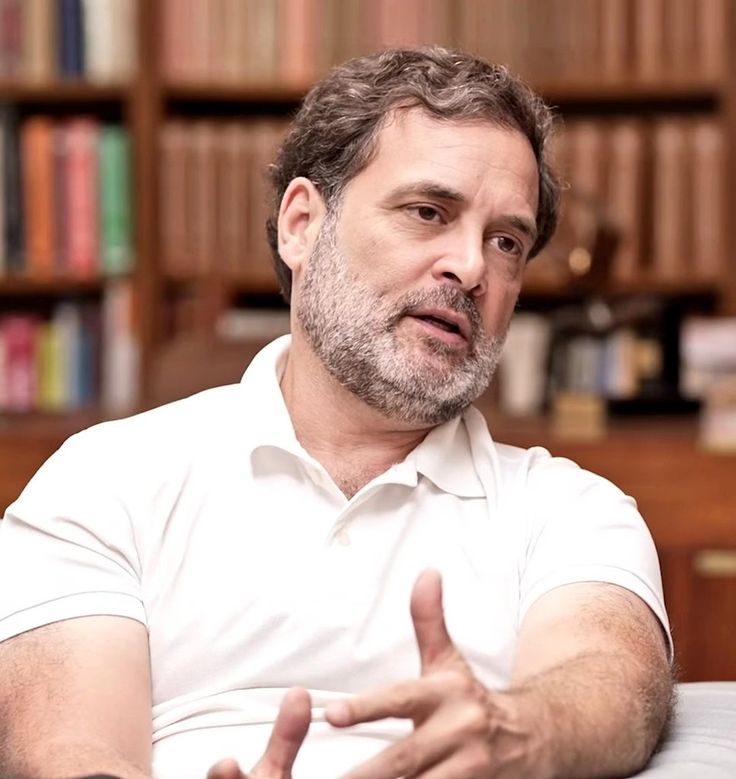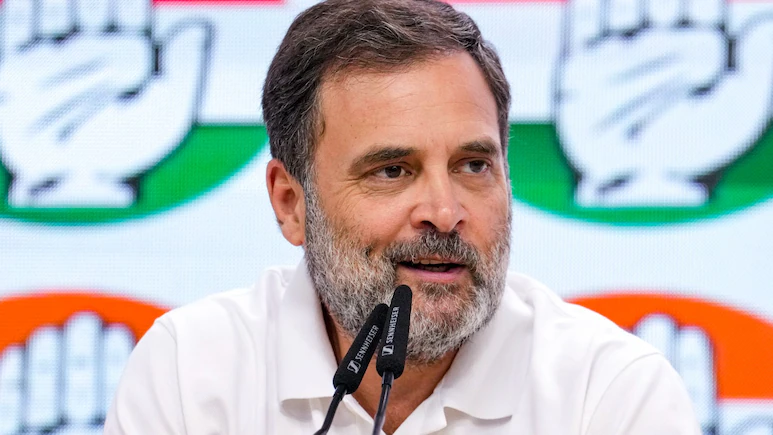Why Was the Non-Bailable Warrant Issued Against Rahul Gandhi?
A non-bailable warrant (NBW) issued against Congress leader and Member of Parliament Rahul Gandhi has sparked political and legal discussions across the nation. The order was passed by the MP-MLA court in Chaibasa, Jharkhand, in a 2018 defamation case tied to his controversial comments about BJP leader Amit Shah. The warrant directs Gandhi to appear in court on June 26, 2025, after repeated summons were ignored. As legal complications mount, this article breaks down the legal context, the court’s reasoning, and the parallel proceedings unfolding in Uttar Pradesh.
The case dates back to July 2018, when Rahul Gandhi, during a Congress plenary session, remarked that the BJP had made someone “accused of murder” its president—referring to Amit Shah, who had by then been cleared of all charges in the Sohrabuddin Sheikh encounter case. The defamation complaint was filed by BJP leader Pratap Katiyar in the Chief Judicial Magistrate (CJM) court in Chaibasa, claiming the statement tarnished the image of the BJP and defamed its members.
What legal steps followed the initial complaint?
After the initial filing, the case underwent multiple judicial transfers. In February 2020, the Jharkhand High Court directed the transfer of the case to the MP-MLA court in Ranchi. It was subsequently reassigned back to Chaibasa’s MP-MLA court. Rahul Gandhi was issued multiple summons, but failed to appear. A bailable warrant was then issued due to non-compliance.
Gandhi moved the Jharkhand High Court seeking a stay on the bailable warrant, which was temporarily granted. However, the High Court dismissed his plea on March 20, 2024, removing any protective legal cover. Later, he also requested exemption from personal appearance, which was rejected by the Chaibasa court.
The non-bailable warrant (NBW) was issued due to continued failure to appear before the court, despite multiple opportunities and judicial concessions. The court’s decision signals that no further leniency will be offered. Rahul Gandhi has now been ordered to appear on June 26, 2025, or risk further legal escalation.
Is this the only defamation case Rahul Gandhi is facing?
No. There is a parallel defamation case pending in Sultanpur, Uttar Pradesh, also linked to his remarks about Amit Shah. The hearings have seen delays due to procedural reasons, including strikes and workshops, but the matter remains active.
An NBW means that the accused cannot seek bail as a right and must be produced before the court by law enforcement. It is typically issued when the court believes that the individual is deliberately avoiding the legal process. In Gandhi’s case, this underscores the seriousness with which the judiciary is treating the alleged contempt. While defamation cases are not uncommon in Indian politics, the issuance of a non-bailable warrant against a sitting MP and national leader like Rahul Gandhi could have political and electoral consequences, particularly if the situation escalates to a conviction or arrest.
Gandhi must comply with the June 26, 2025 appearance order. His legal team may attempt another plea for relief or stay, but unless granted by a higher court, failure to appear could lead to police action and custody.





















